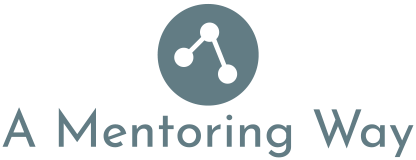Three primary practices give shape to walking well with others as a friend or a mentor: listening, question-asking, and prayer. My reflections in this blog series are adapted from our VP3 resource entitled, A Mentoring Guide: Christ • Conversation • Companionship. I highly recommend it.
Practice #1: Listening
Trust and intimacy develop through an environment of listening well. A central feature of our culture is that we are relentlessly talked at, rarely listened to. Consequently, we ache and hunger to be heard. Among the men and women with whom we work hard, break bread, and share life, do we recognize the thirst others have to be heard and known and loved personally?
Mentoring is a ministry of listening. We come alongside another and make space to listen to and listen with, seeking together to discover what God might be saying or where God might be leading.
Listening is fundamentally about being present and attentive to another. It is a powerful experience to be listened to well. When we recall the experience of a friend’s listening presence, we recognize the gift it was to us. We also can remember when we have not been heard or listened to well. It can be painful, shutting our spirit down and leaving us feeling more discouraged and unable to move forward.
It is the responsibility of the mentor or friend to set a conversational pace, patient enough for true listening, yet progressing forward enough for the conversation to not lose momentum and focus. Some mentors know the danger of moving too quickly, so they learn to circle back to previous questions that deepen conversations. They also learn to be comfortable with silence, accepting it as active moments of waiting on the Lord, pregnant with possibilities for honesty and discovery.
Listening well is very challenging. Even the best listeners often feel like beginners, eager to offer a better presence and attentiveness. Our minds can wander in so many directions away from the person who sits before us. Perhaps we are too absorbed in our context to listen long and well to another. We can grow anxious and distracted by the reality that we might not be able to help. Or we think we already know the answer. Our need to be helpful can often blur and distract us from the task of simply being present and attentive. Many factors make listening a challenge, yet it remains one of the most healing things we can do as companions on the journey.
Questions for reflection and prayer:
- How are you doing as an active listener?
- How’s your pace of questions and silence?
- What would you like to do differently by way of listening well?

